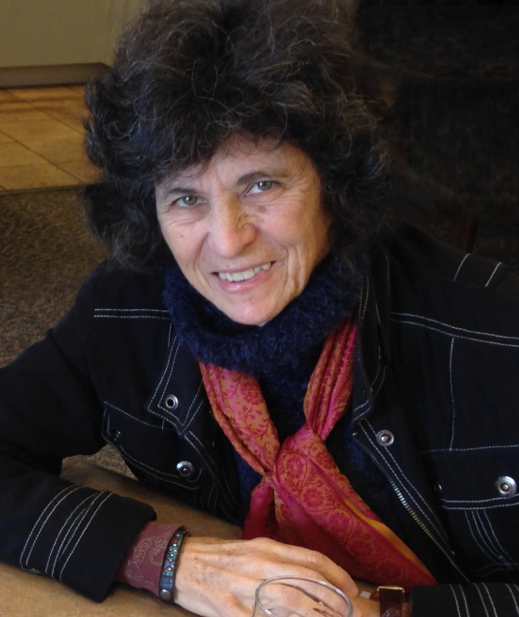At dawn three Amish girls woke
and gathered the eggs that lay in the family barn
and sat while their mother braided their hair
never knowing [it was] for the last time.
And then they walked to school,
a one-roomed wooden building,
and started their lessons that day.
But an intruder entered the building,
boarded up the doors,
and boarded up their lives.
Given only minutes to live
they prayed their final prayer
but they didn't have words to speak
so they sang their final prayer.
(chorus)
Weep oh sisters
Weep oh brothers
Weep oh fathers
Weep oh mothers
Oh weep for the children
Who have gone before us
Lobsang is a difficult song
When our children are taken away.
Lobsang was composed on October 2, 2006 for:
Naomi Rose Ebersole, age seven
Lena Miller, age seven
Mary Liz Miller, age eight
Anna Mae Stoltzfus, age twelve
Marian Fisher, age thirteen
On Writing Lobsang
It was late afternoon on Monday, October 2, 2006. I was about to go for my daily jog, when news flashed over our CBC radio of five Lancaster County Amish girls being gunned down – three dead, two in critical condition. I staggered onto my path, thinking nothing, feeling everything. These were three innocent girls with braided hair, stockings and simple clothing whose mothers loved them insanely, and who had been taught to love and honour life. My grief welled slowly, then suddenly, like a torrent of floodwater spreading over dry land. Mothers were crying. I thought of the inordinate grief my own mother would have had on the loss of one of us girls; I knew I would be inconsolable had my own daughter gone. And then I realized it wasn’t just those mothers in Lancaster – it was all of us mothers who were crying for daughters lost, because these were our daughters too.
My run turned into a cater of uncontrollable grief from which emerged a song of lament – words, tune, harmony flooding into places where speech cannot go, giving voice to grief felt by mothers, fathers, sisters, brothers. Yes, the Amish can and will forgive; yes, this is tragedy requiring prayer; and yes, there will be anger, judgement and fear. However, pure grief has a depth and cleanliness that must be listened to and acknowledged before any sort of reckoning, healing, or forgiveness can occur. Yet, this lament became a “Lobsong” (praise song).
But why “praise?” In each Amish worship service, a long, unaccompanied “Lobsang” is sung or spoken in German, whether for a Sunday service, a wedding or a funeral. The long tones of this song sound much like Gregorian chant, preserved almost intact from the 16th C. Ausbund, the oldest extant hymnbook in Christendom. The Amish response to every situation is to express praise; thus, the “Lobsang” is a genuine, though excruciatingly “difficult song, when children are taken away.”
After all, wasn’t I part Amish too, somehow? My Mennonite grandparents came from Lancaster County where we frequently visited when I was a child. I grew up as a plain Mennonite girl, knowing deeply about my Mennonite roots and our close connections with the Amish, sharing bloodlines, many beliefs, and much of the ‘separation from the world’ life style. Yet I had never felt so Mennonite, so rooted with these Amish as on October 2. In the larger world, we are all ‘one people.’ And these were, indeed, my sisters, my daughters.
As I wrote the song that evening, only three girls had died, so I addressed them. But the next morning, we were informed that two more girls had died, so the song was expanded to include them. I remained in grief for weeks, as though close family members had died. I wrote their names on a piece of paper, which I kept by my bed for years. Within the song I listened for those plain harmonies from our a cappella singing, and a simple speech-like telling of the story of their waking, doing chores, walking to school, being intruded upon, and praying their final prayer, followed by a elegiac chant for weeping.
I sang this song at a Conrad Grebel chapel service two days later, and at Rockway Mennonite church less than a week later. Later in October, Rebecca Campbell and I brought the song to Mennonite/s Writing conference at Bluffton, and later toured it in Lancaster and Franconia, Pennsylvania. The song is recorded on my Every 3 Children CD and on Rosthern Junior College Choir’s 2007 CD, Praise Song. It has been performed widely throughout Canada and USA, as well as in South Africa, Paraguay, and Madrid. I have tried to connect directly with the families but have been told I need to wait. One day I will meet them. This I trust.
